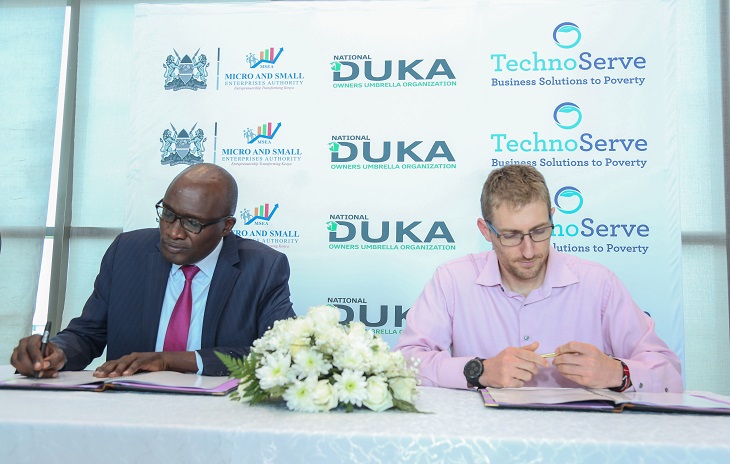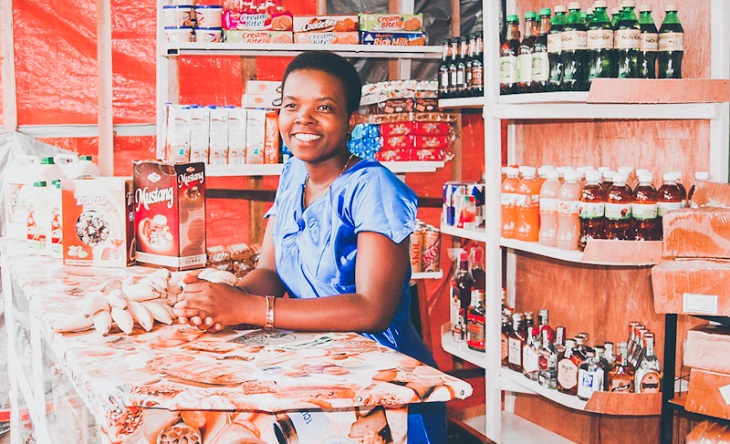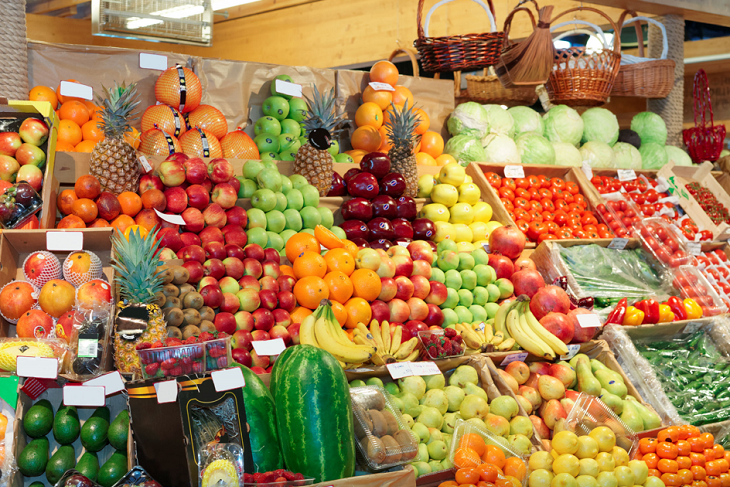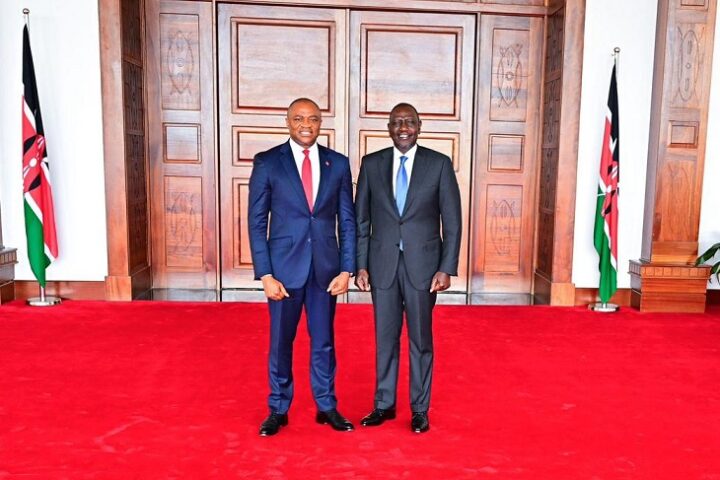There is no doubt that Kenya runs on the wheels of small and medium enterprises (SMEs). 90 percent of businesses in the country are SMEs, employing 86 percent of the population and contributing at least 45 percent to Kenya’s GDP.
Unfortunately, despite this sector being an integral backbone of Kenya’s economy, it still faces many challenges that have often threatened to bring millions of them to their knees. Many are barely surviving.
Stats from the Kenya National Bureau of Statistics (KNBS) indicated that five years to 2016, at least 2.2 million small businesses had shut down. This means that at least 450,000 SMEs are shutting down in Kenya annually, 30,000 monthly, and at least 1,000 daily.
Among these millions of SMEs running the Kenyan economy are the macro-retailers, commonly known as Dukas. Who doesn’t know a Duka in Kenya? Dukas are everywhere. They are the only businesses that speak the language of the people.
Related Content: Digitization Is The Way For Duka Owners In Kenya
We can never talk about financial inclusion, as well as product inclusion among the Kenyan masses without mentioning Dukas. These are the only legitimate avenues that connect the chain from the manufacturers to the lowest consumer on the ground.
Nobody goes to a supermarket and takes goods on credit. The supermarket doesn’t know such a person. He will be escorted off the business premises with the speed of a presidential escort taking out an intruder. But at a Duka near them? They will get goods on credit, as many times as possible and live to see the following day.
Even though Dukas play such a crucial role, the inability to adapt to the ever-changing technology, as well as failure to properly formalize is threatening to kill many of them. There is a need for them to embrace formalization as soon as possible.
Formalization in the macro-retail sector isn’t just a bureaucratic formality; it’s a catalyst for profound change that empowers small-scale entrepreneurs by granting them access to financial services, credit facilities, and government support programs. With formal businesses, entrepreneurs can secure loans to expand their operations, invest in technology, and enhance their product offerings.
The Smart Duka initiative by TechnoServe is the nerve that many Dukas around the country need. It is the only way that will breathe a rejuvenated energy into this important sector that is sustaining millions of livelihoods.
Related Content: The Power Of The Duka Next Door In Linking Communities And Growing Economies













